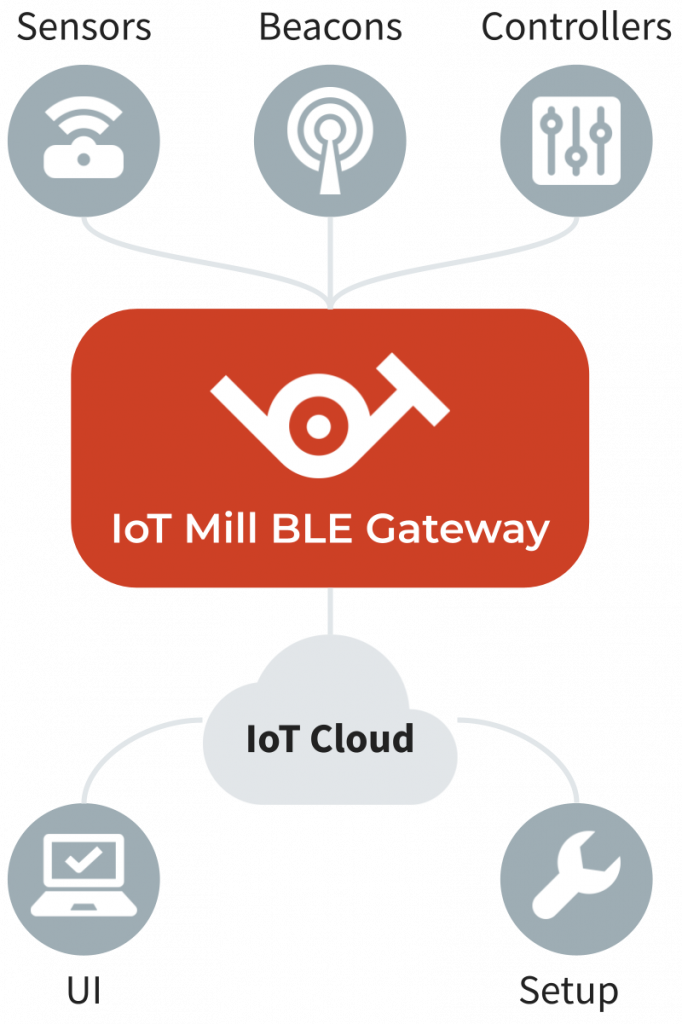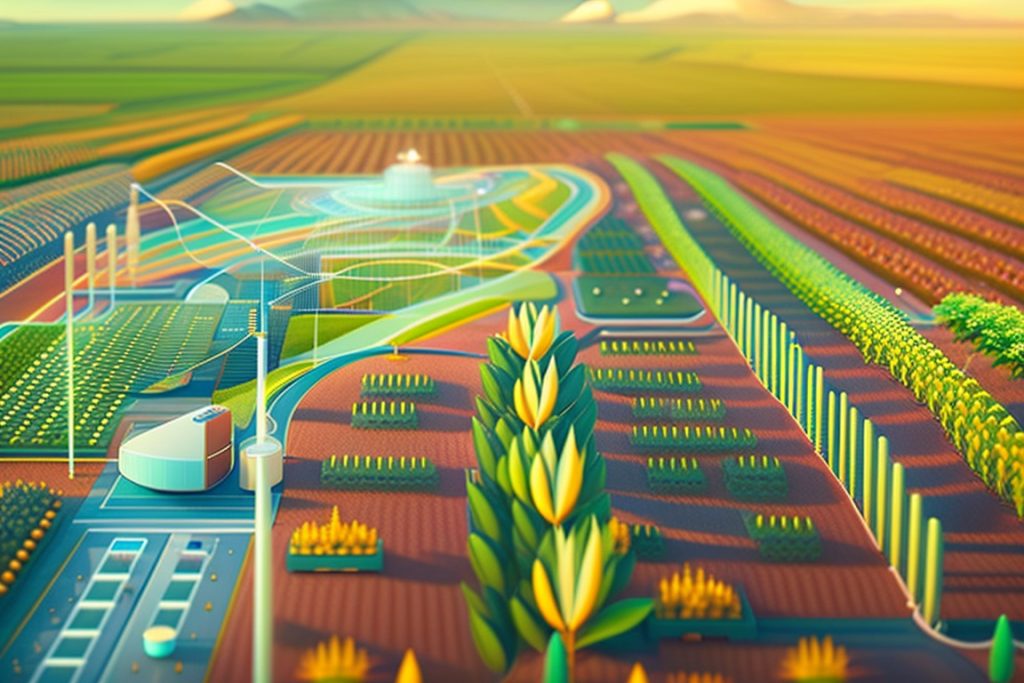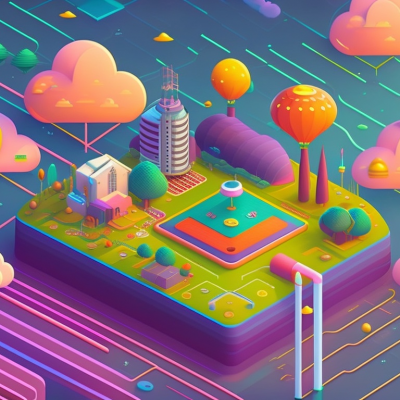
In the realm of smart farming, harnessing the power of IoT technology has become increasingly crucial for optimizing agricultural processes. This use case delves into the transformative potential of IoT Mill in revolutionizing agriculture practices and overcoming key challenges faced by farmers.
Problem
Modern agriculture encounters various obstacles such as inefficient resource management, unpredictable weather conditions, and the need for real-time monitoring. Traditional farming methods struggle to address these challenges effectively, resulting in suboptimal productivity and resource utilization.
Solution: Implementing IoT Mill
By integrating IoT Mill into agricultural operations, farmers can unlock a myriad of benefits and streamline their processes. IoT Mill offers a comprehensive IoT prototyping platform that simplifies the development and deployment of connected devices and services tailored specifically to the agriculture industry.
Utilizing IoT Mill’s versatile features, farmers can connect a range of sensors to monitor soil moisture, temperature, humidity, and crop health. The seamless integration of these devices through the IoT Mill platform enables real-time data collection, analysis, and actionable insights.

Benefits and Impact
The implementation of IoT Mill in agriculture brings numerous benefits and impacts:
- Enhanced Resource Management: With IoT Mill, farmers can optimize irrigation schedules, reduce water waste, and precisely apply fertilizers based on real-time data, resulting in improved resource management and cost savings.
- Increased Crop Yield: By monitoring critical environmental factors and leveraging predictive analytics, IoT Mill empowers farmers to make data-driven decisions, ensuring optimal crop growth conditions and maximizing yield.
- Efficient Pest and Disease Management: IoT Mill facilitates early detection of pests and diseases through its sensor network, allowing farmers to promptly implement targeted interventions and prevent widespread damage.
- Streamlined Operations: IoT Mill enables remote monitoring and control, reducing manual labor and empowering farmers to manage their operations efficiently.
- Sustainability and Environmental Impact: By minimizing resource wastage, optimizing inputs, and promoting sustainable practices, IoT Mill contributes to environmentally friendly and sustainable farming methods.

Key Takeaways

Implementing IoT Mill in agriculture revolutionizes traditional farming methods, providing farmers with advanced insights, precision control, and increased productivity. By leveraging IoT Mill’s capabilities, farmers can overcome the challenges posed by resource management, weather conditions, and real-time monitoring, paving the way for smarter, more sustainable farming practices.
In conclusion, IoT Mill serves as a transformative tool for agriculture, empowering farmers to make data-driven decisions, optimize resources, and achieve better crop yields. By embracing IoT technology, farmers can drive efficiency, productivity, and sustainability in the ever-evolving field of smart farming.


